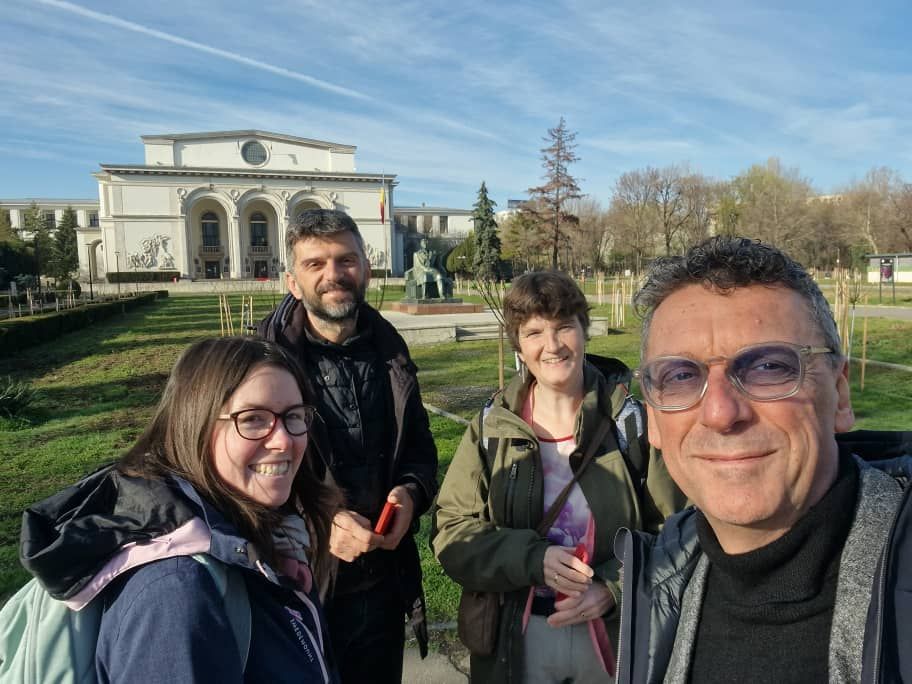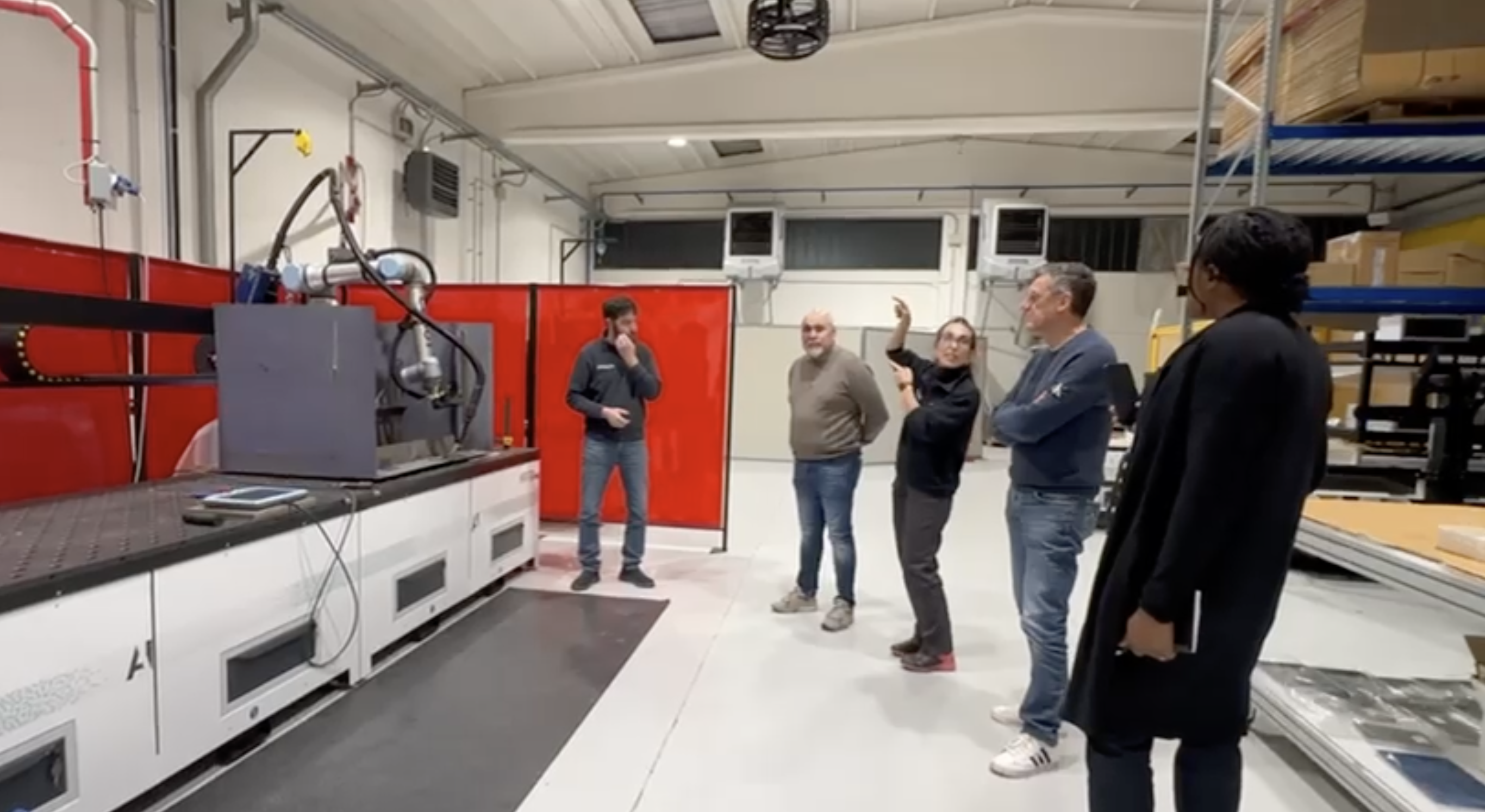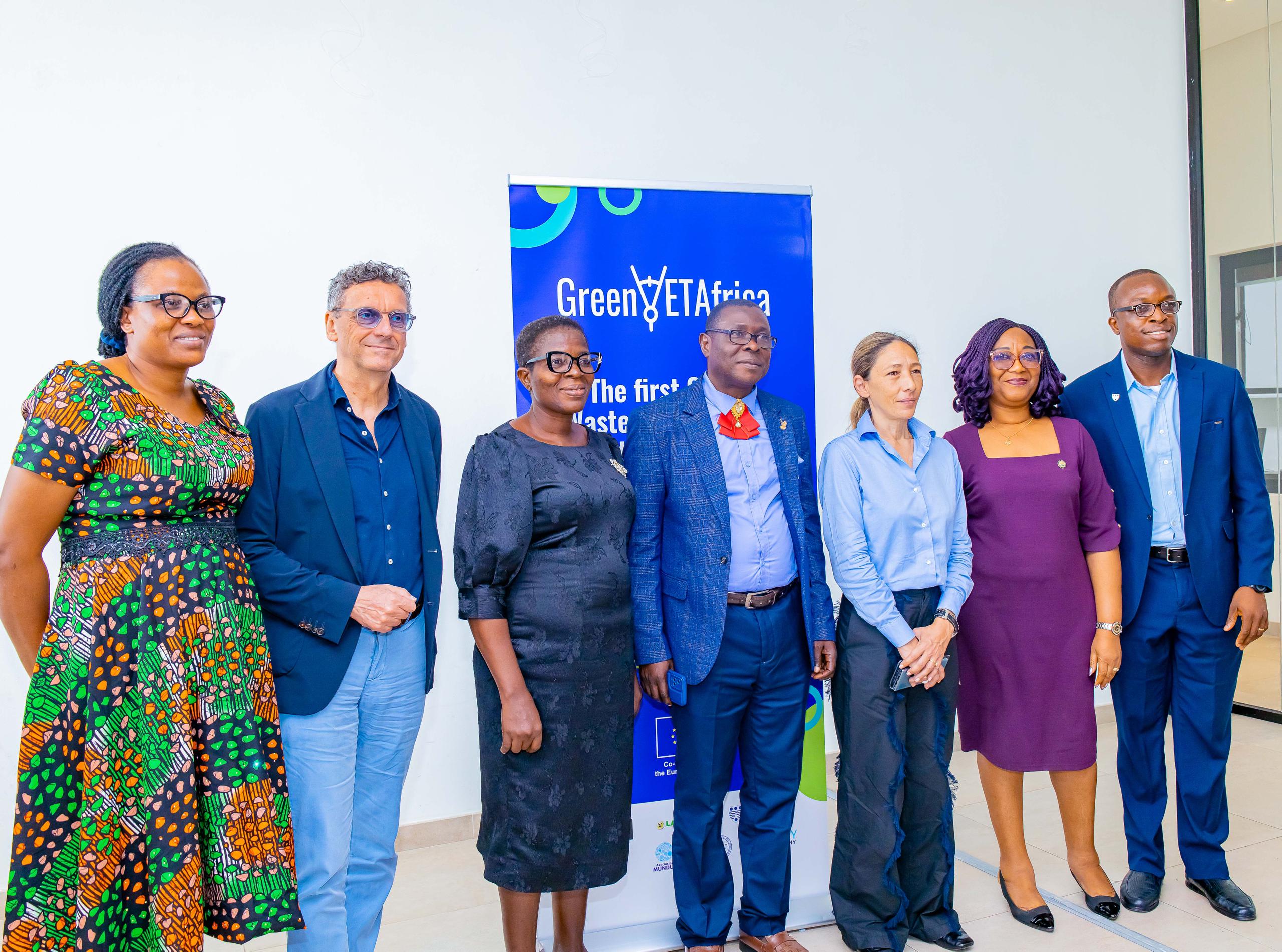Bucharest welcomed Adriano Mauro, our Managing Director, with blue skies and full spring bloom. He was impressed by the city’s vibrancy, the beauty of its historical centre, and the energy of university students animating the campus area.
He travelled to the Romanian capital to attend the Feed4Food Driving Urban Transition Project meeting. Feed4Food is led by Dr. Lia van Wesenbeeck, Associate Professor of Development Economics at Vrije Universiteit Amsterdam and Director of the Amsterdam Centre for World Food Studies. The project is supported by several partners: the University of Bucharest, the Ladies Union of Drama, the Democritus University of Thrace – Geomorphology, Edaphology and Riparian Areas Laboratory (GERi Lab), the KES Research Centre (KESRC), VL Sustainability Metrics LTD (SuMe), and Strovolos Municipality.
The partners’ meeting, held at the University of Bucharest, provided an opportunity to share the project’s progress—launched in January 2024—and to engage with local stakeholders and university students during a dedicated workshop.
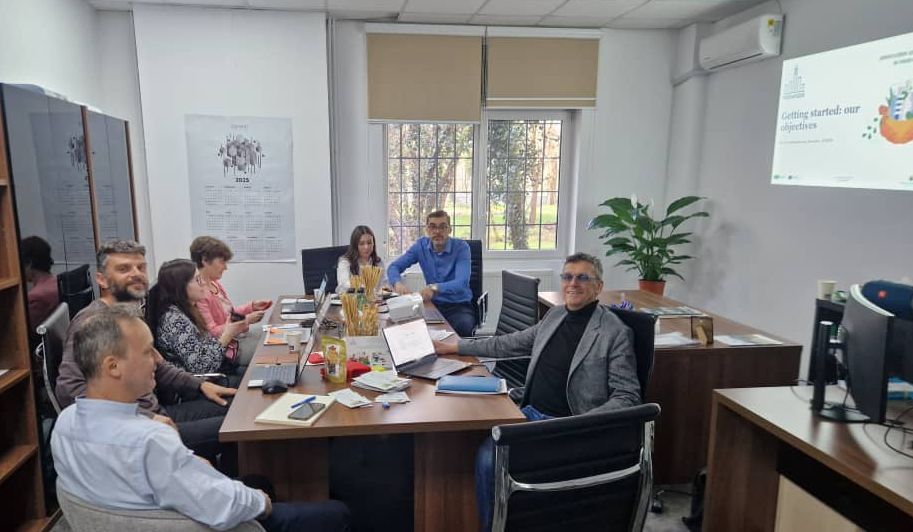
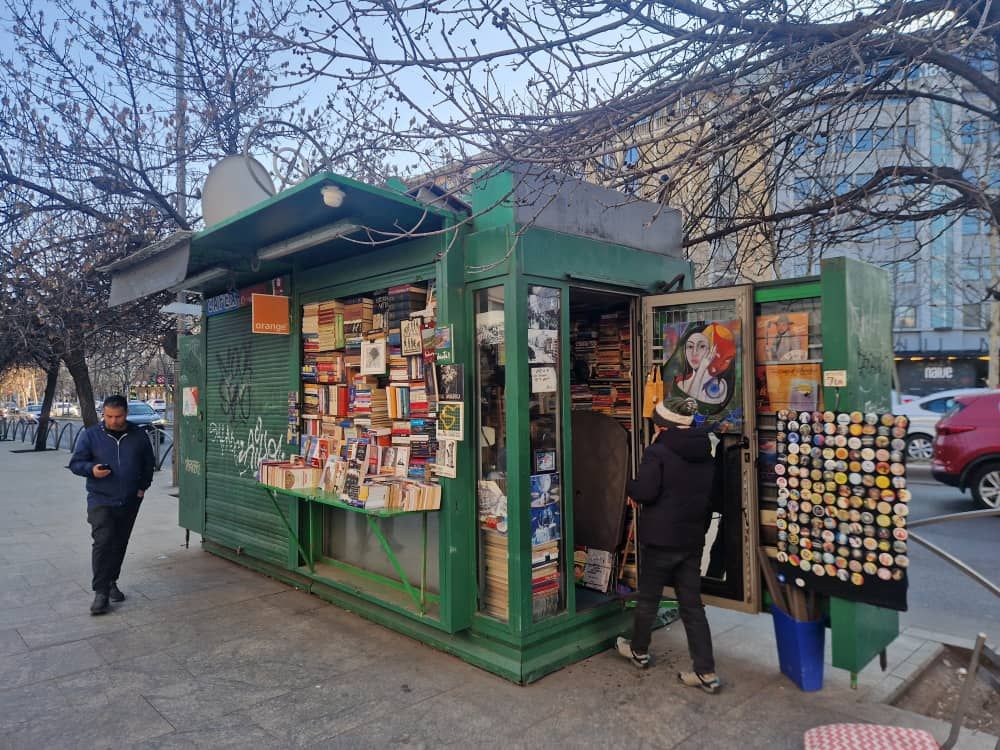
The ambition of Feed4Food is to demonstrate that inclusive, sustainable urban agriculture is achievable—and it’s already taking root through the establishment of three Living Labs across Europe: peri-urban farming in Bucharest (Romania), urban gardens in Drama (Greece), and in Strovolos (Cyprus).
The project has identified the primary challenges for the sustainable transition of urban agriculture, with key barriers including:
- Governance and policy frameworks: Coordination across sectors such as health, agriculture, and urban planning is often fragmented, resulting in conflicting mandates that hinder cohesive urban farming strategies.
- Social inclusion: Urban farming initiatives aim to include vulnerable groups—migrants, women, youth, and the elderly—but sustaining long-term engagement, particularly in community gardens, can be challenging.
- Financial sustainability: Urban farms often struggle to remain economically viable when competing with conventional food systems. Developing business models tailored to urban agriculture is essential.
While the set-up of the urban and peri-urban gardens is still underway, the project coordinator, Vrije Universiteit Amsterdam, is developing the Feed4Food data dashboard. This tool will allow data collected from each Living Lab to be uploaded, visualised, and used to track progress against Key Performance Indicators (both locally and across sites). These include: diversity of food production; plant variety; nutrient values; production cost per native species; production output per native species; and product characteristics.
As Adriano Mauro commented, “The data dashboard—highly intuitive and based on open-source technology—is truly impressive. Its visualisation capabilities will allow the Living Labs to monitor urban food production from economic, environmental, and nutritional perspectives. It is highly customisable according to each community’s needs. We look forward to introducing it to relevant stakeholders in our region, Friuli Venezia Giulia. We are confident it will support the efforts of Udine and other local municipalities in fostering urban agriculture, as well as mountain communities reviving traditional farming practices.”
AREA is proud to lead the project’s branding, dissemination, and communication efforts—fostering genuine community engagement. This includes adapting communication materials into local languages (Greek and Romanian), and developing videos, short stories from the Living Labs, and video clips.
